says Amandeep Sandhu, author of the novel Sepia Leaves (2007), Roll of Honour (2012), and Panjab: Journeys Through Fault Lines (2019). This conversation is a part of our series on mental health and illness and we talk to people whose voices have brought to life, with empathy, and without judgement, what is it to live with a mental illness or to care for someone who does.
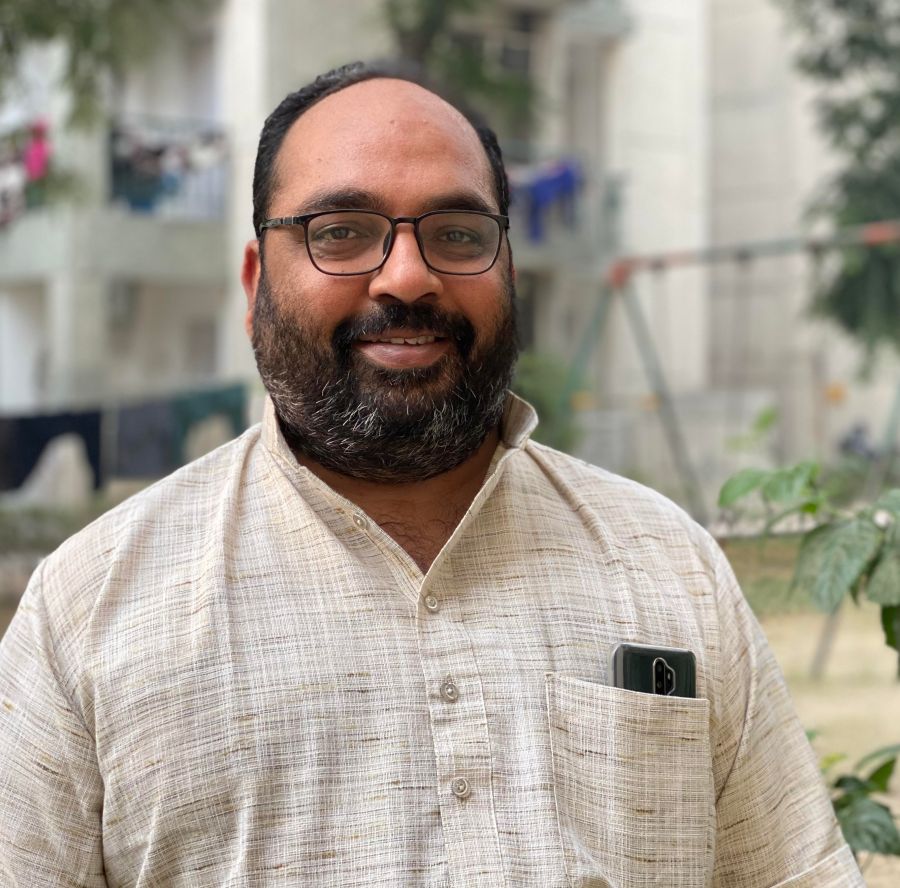
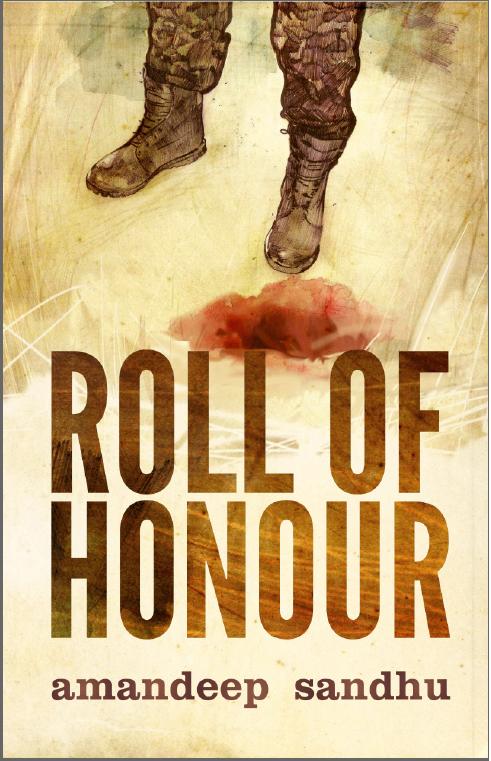
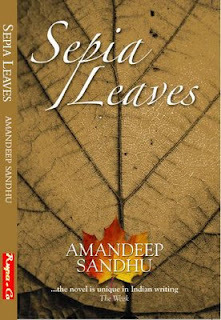
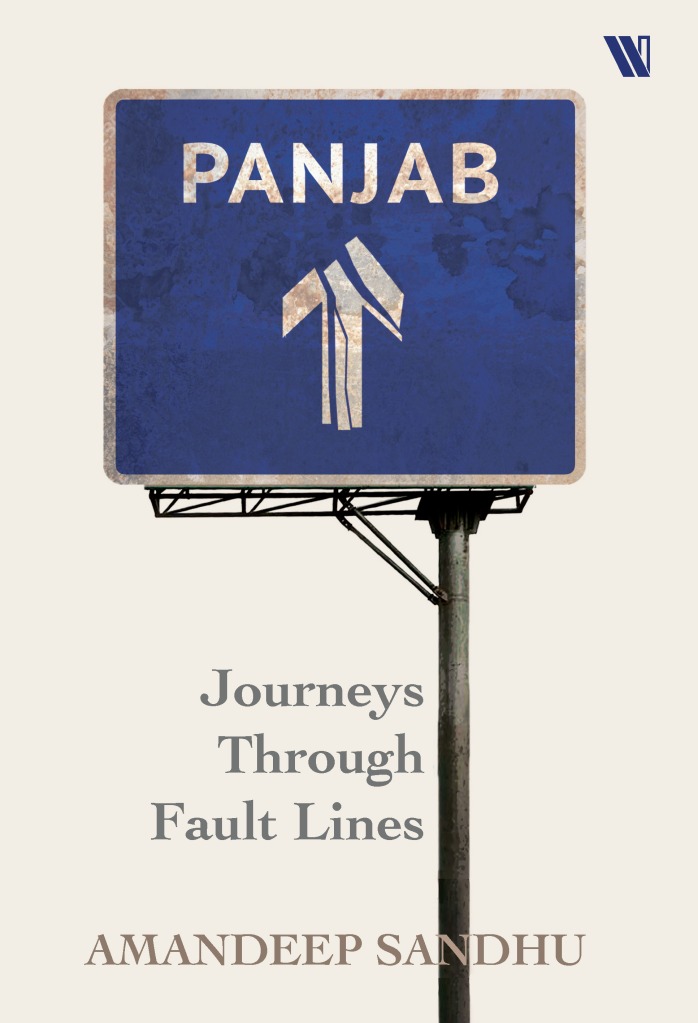
Panjab: Journeys Through Fault Lines has been long-listed for for two prizes -the Kamaladevi Chattopadhyay NIF Book Prize 2020 for the best non-fiction book on modern India, and for the Atta Galatta–Bangalore Literature Festival Book Prize (non fiction) 2020
When did you first decide that you wanted to write about your mother’s illness (schizophrenia) and your own experience of it — and how easy or difficult it is do so in the Indian context?
As a child, when my parents used to fight, I used to hide behind the sofa and read comics. Somewhere at that time, I realised that books are safe, books are home. As an adolescent, I was in a military school, where, I used to hide in the library to escape corporal punishment. As I grew up, there was a pull to either go into the Army or become a doctor, but I am glad that I did neither.
When my parents joined me in Bangalore, where I was working in the IT industry as a technical writer, I knew I wanted to put down what I knew about my parents. All my earlier life, I was a holiday child in the sense that I only went home for holidays, and now before I was to live with them, I wanted to put down my memories, and thoughts, know my parents better.
This was early 2000. And there was really nothing in the Indian context or Indian writing in English on the subject that talked about the caregiving aspect of the mental health pyramid. A lot of reading that I did, from Sylvia Plath’s The Bell Jar, to Joanne Greenberg’s I Never Promised You a Rose Garden to Dom Moraes’ My Son’s Father, I couldn’t see the caregiver’s point of view. I wanted to read something else than madness as a spectacle, madness becoming ‘the other,’ madness as ‘coveted’ – as in, yes, the artist or the poet suffers but look at the beauty of the work they produced as a result of that suffering.
I wanted something which spoke to me about the everyday grime of living and caregiving, so vastly different from the beauty of painting and poetry of the world of ‘coveted’ madness. That was the beginning and making of Sepia Leaves.
And what was the response to your writing?
It has been 13 years since the book has been published. And I still get messages from readers. Some of them simply say ‘thank you.’ They say, thank you, we did not know that we had a story. In the triage of mental health, there’s the patient, the psychiatrist and the medical practitioner, and the caregiver. While the patient suffers, the power in the triage – to diagnose, label and prescribe medicines — rests with the psychiatrist. The caregiver often doesn’t have a voice in spite of the fact that he or she suffers as well for they do the caregiving out of love, affection, or a sense of duty. It happens many times that these care-givers’ lives revolve around the patient, and they don’t live their own lives.
What resources can one turn to as a caregiver? How have things changed from the time you wrote your book to now?
Growing up, I was called ‘pagal ka bachcha’ (child of a mad woman). Nobody wanted to do anything with my mother, it was like she is your problem, deal with it.
There is more sharing happening now. Recently, there are groups like the White Swan Foundation, the Banyan, SCARF, Sanjivni, Anjali and many more. Publishers are also more open to publishing books on this subject; Amazon recently commissioned ten essays, and one of them was about mental health during Covid (Bravado to Fear to Abandonment: Mental Health and the COVID-19 Lockdown). I did that essay, and, in a way, it speaks about a shift in the publishing mindset too.
Books and memoirs like mine give a reader tangible proof that there are others who suffer like them, and that they are not alone, and their voice and story matters.
There’s still a whole lot of things that need to be done. The new Mental Healthcare Act 2017 of India, which still doesn’t solve all the issues with the previous Act (1987), but the Indian Psychiatrist Association, made an estimate of how much money was needed in order to do all that the Act suggested. It estimates that about Rs 93,000 crore is needed to implement it, and in the last budget, we reduced the outlay from 50 to 40 crores (for mental health). So yes, we need to tap and act at various levels – from education, the voluntary sector, journalism, CSR partnerships.
How do mental health professionals benefit from a resource of Indian writing on mental health?
When I was writing my book, I showed it to three psychiatrists that I knew and respected. I wanted to make sure that I wasn’t misrepresenting the illness. One of the psychiatrists wrote a review of my book in the Indian Journal of Psychiatry and recommended that colleagues read it.
I think every arm of medicine is based on care and affection and more so the one in psychiatry. Memoirs give the medical professionals an insight into what life really is like on a daily basis and changes the degree of kindness and compassion for the kind of work they do, and this, in turn, helps create kind and open spaces.
The recent death of a Bollywood actor and what followed in its aftermath, was that an opportunity lost, in terms of starting an honest and open conversation on mental health?
Any denial harms the larger narrative. When we accept things, we acknowledge that, yes it happens, we don’t know how to solve it, but this is what happened – it is honest, and it creates a space to remove some of the stigma. In the context of the actor’s death, there was one brief moment when there was hope that the narrative would focus on meaningful conversations. But it was lost. It became political and the media was also compromised in the way it reported on the issues and continues to do so.
Even now, our public speakers use grave terms from the mental health terminology as jokes, as insults. The ‘pagal ka bacha’ might not be a refrain one hears very often, but there is still so much learning and work to do.
(The author spoke to Prerna Shah)
In case, you missed the first interview (of author and writer Jerry Pinto) in this series on mental health and awareness, you can read it here. You can also read Karishma Upadhyay’s interview in which she talks about the research that went on behind her book on Parveen Babi and how almost everything that was written about her previously was overshadowed by her mental illness, eclipsing everything else.
Related interviews: Shyam Mithiya, Anjana Deshpande, Tanika Godbole, Shampa Sengupta
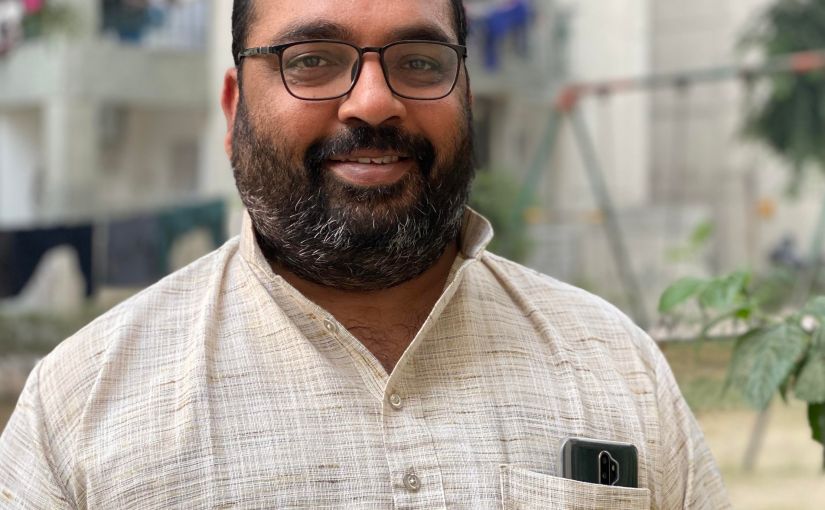
Amazing work, Prerna. My compliments to include the carer in the circle of care. It is true for any sufferer I think- no attention is paid to the mind or intent or situation or long term effects of suffering silently – and the patient is the only one that is allowed to voice any discomfort-
Have watched a friend tend to his wife sick with cancer and her subsequent death- without a word.
Or a stroke patient recovering well thankfully give out tantrums to the spouse who has had her complete world turned over and yet stood and fought for his health.
So many stories are here among us.
Thanks for bringing this one out.
LikeLiked by 1 person